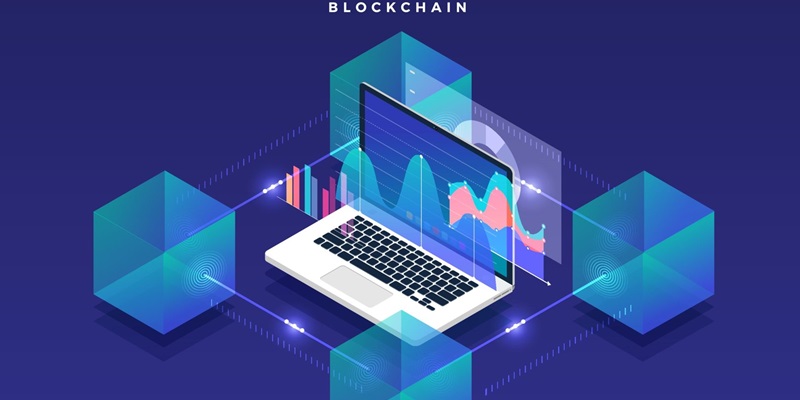The blockchain ecosystem has witnessed various challenges, with scalability and high transaction fees being among the most prominent. In recent years, SKALE has emerged as a groundbreaking solution, offering unparalleled scalability, rapid deployment, and a gas fee-free environment. This article will delve into the unique architecture of SKALE, the role of validators in the SKALE Network, compatibility with the Ethereum mainnet, renting SKALE chains with SKL tokens, gas fee exemption for end-users, impressive transaction throughput, instant block finality, cost-effectiveness, and its impact on ongoing blockchain innovation.
Unique Architecture of SKALE: A Fundamental Layer
In the blockchain space, SKALE’s architecture stands out as a unique hybrid, where each SKALE Chain operates as a fundamental layer responsible for handling transaction recording, consensus, verification, and storage. This distributed approach enhances the performance and scalability of the network, enabling it to support a significant number of transactions without compromising efficiency.
Contribution of Validators in the SKALE Network
The SKALE Network relies on validators to contribute computational power by deploying nodes. These validators play a crucial role in enhancing the security and resilience of the network. By participating in consensus mechanisms and ensuring the validity of transactions, validators strengthen the integrity of the SKALE Network.
Compatibility with the Ethereum Mainnet
One of the key advantages of SKALE is its compatibility with the Ethereum mainnet. This compatibility enables the execution of Ethereum wallets, tools, and decentralized applications (dApps) seamlessly. Developers can leverage the existing Ethereum infrastructure and seamlessly deploy their dApps on SKALE chains, unlocking the benefits of enhanced scalability and reduced transaction fees.
Renting SKALE Chains with SKL Tokens
SKALE developers and developer communities rent SKALE chains using SKL tokens on the Ethereum mainnet. This innovative approach simplifies the deployment of dApps on the SKALE chains, allowing developers to focus on creating innovative solutions rather than worrying about complex infrastructure management.
Gas fee exemption for end-users
End-users engaging with dApps on SKALE chains enjoy the distinct advantage of being exempt from gas fees. Gas fees have long been a concern for users of Ethereum and other blockchain platforms, often limiting the adoption and usability of various applications. SKALE’s gas fee-free environment contributes to a more user-friendly experience and opens up possibilities for applications that require frequent interactions and microtransactions.
Impressive transaction throughput
The SKALE network boasts an impressive transaction throughput, ranging from 400 to 700 transactions per second. This high throughput ensures a seamless and swift transaction experience for users, facilitating mass adoption of dApps built on the SKALE platform. The enhanced scalability of SKALE chains paves the way for transformative applications such as decentralized finance (DeFi), gaming, and supply chain solutions.
Instant Block Finality
Another notable feature of the SKALE network is instant block finality. Once a block is confirmed, it is irrevocably added to the blockchain. Instant block finality enhances efficiency and reliability, minimizing the possibility of double-spending or transaction reversals. This attribute makes SKALE suitable for time-sensitive applications and critical use cases where speedy confirmation is crucial.
Cost-effective environment
SKALE’s appeal lies in the absence of gas fees, offering a cost-effective environment for end-users and developers. Gas fees have often posed a barrier to entry, inhibiting innovation and limiting the usability of blockchain applications. By eliminating this cost burden, SKALE creates opportunities for developers to build economically viable and user-centric applications.
SKALE: A Testament to Blockchain Innovation
In conclusion, SKALE stands as a testament to ongoing innovation in the blockchain ecosystem. By addressing critical issues related to scalability and transaction fees, SKALE caters to the evolving needs of developers and users alike. Its unique architecture, compatibility with Ethereum, exemption from gas fees, impressive transaction throughput, instant block finality, and cost-effectiveness redefine the possibilities of blockchain technology.

